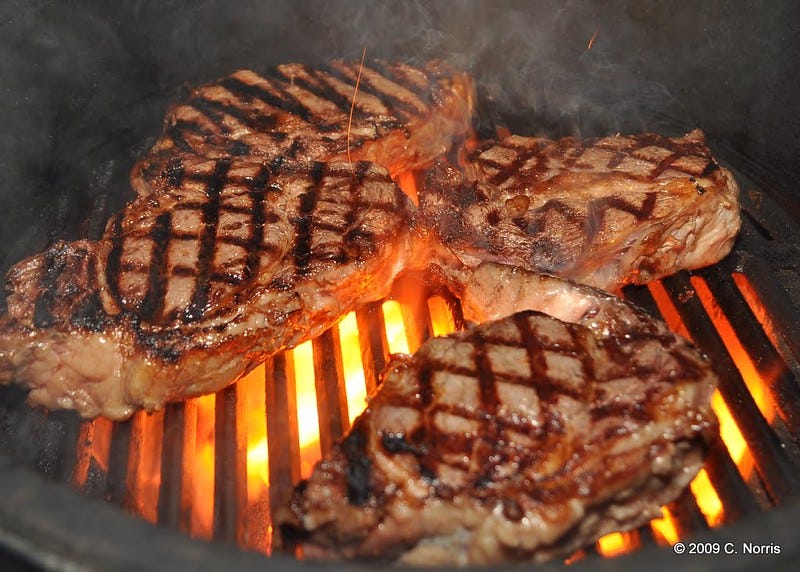Friday, March 19 is the Solemnity of St. Joseph. It’s also a Friday in Lent — which usually means no meat.
At The Pillar, we have heard from a lot of Catholics in the past week, all with the same question: “Can we eat meat on St. Joseph’s Day?”
Of course, we could just tell you the answer. But we decided to write a whole explainer instead.

